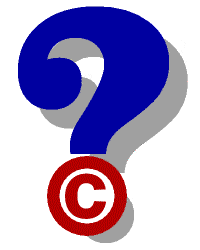Professor Kevin Goldberg came into class to talk about his self-titled ‘Seven Deadly Sins of the Journalist.’ His points were derived from the actual Seven Deadly Sins — gluttony, greed, sloth, lust, pride, envy and wrath.
The Sins
Gluttony: fair use, copyright is about exploiting your content for money
Greed: reporter’s privilege, there is little to no protection for a reporter in federal court
Sloth: using ‘alegedly’ or ‘in my opinion;’ don’t get it first, get it right
Lust: Section 230 of Communications Decency Act, a company takes no responsibility of another information provider
Pride: compensatory (monetary loss), special (emotional loss) or punitive (intended to punish) damages
Envy: permission and licensing, use of Creative Commons
Wrath: public spaces are fair game, private spaces are off-limits
Goldberg went on to explain the logistics and legal matters of trademarking. He spoke about the differences between trademarking and copyrighting (patent).
A patent is protection of an idea, a copyright is protection of an expression of an idea, and a trademark is protection of specific branding or marketing.
What was more intriguing about Goldberg’s talk were the ideas of different product names. There is distinction between fanciful (made-up words), arbitrary (real-life words), suggestive (distinctive and arbitrary), descriptive (describes a product) and generic (it is what it says it is) names.


